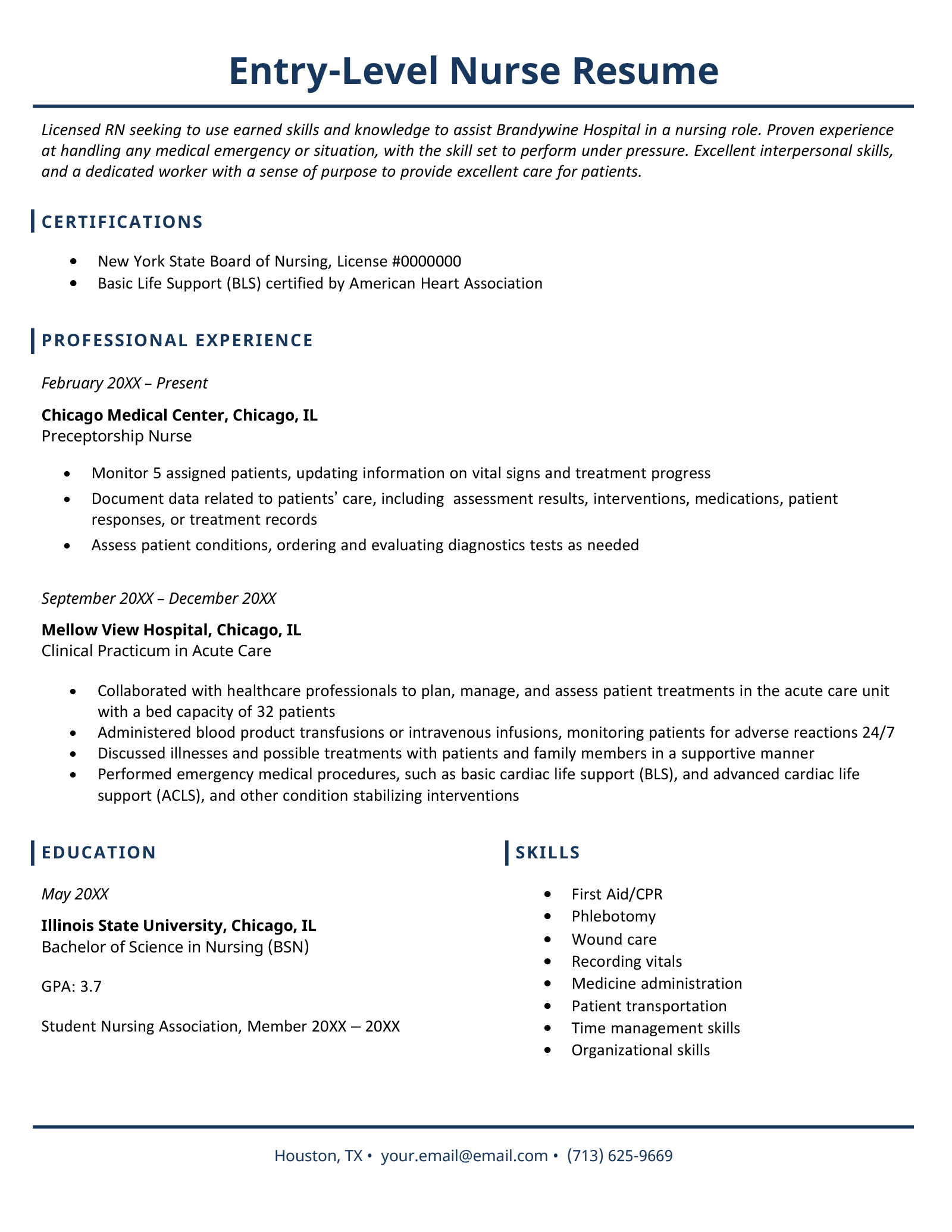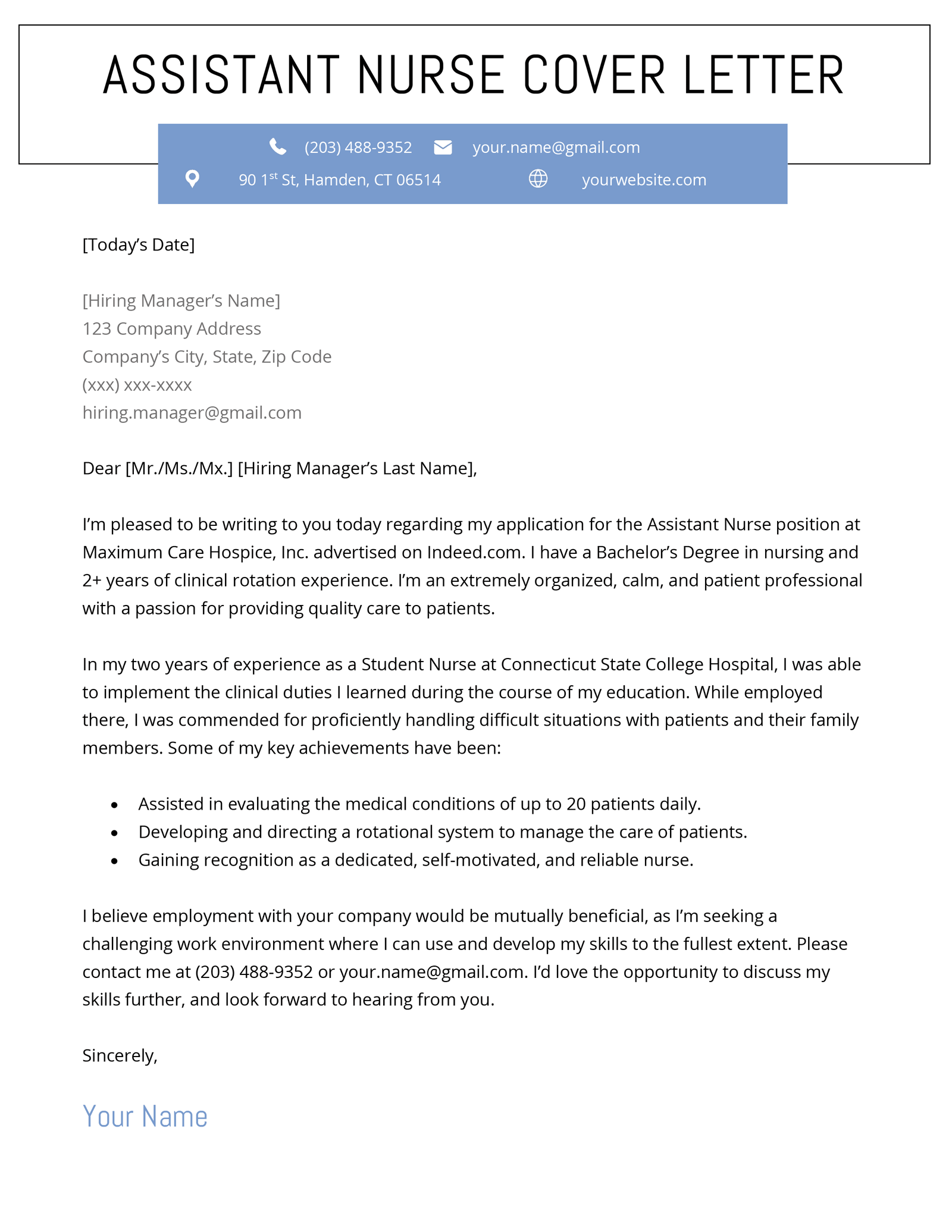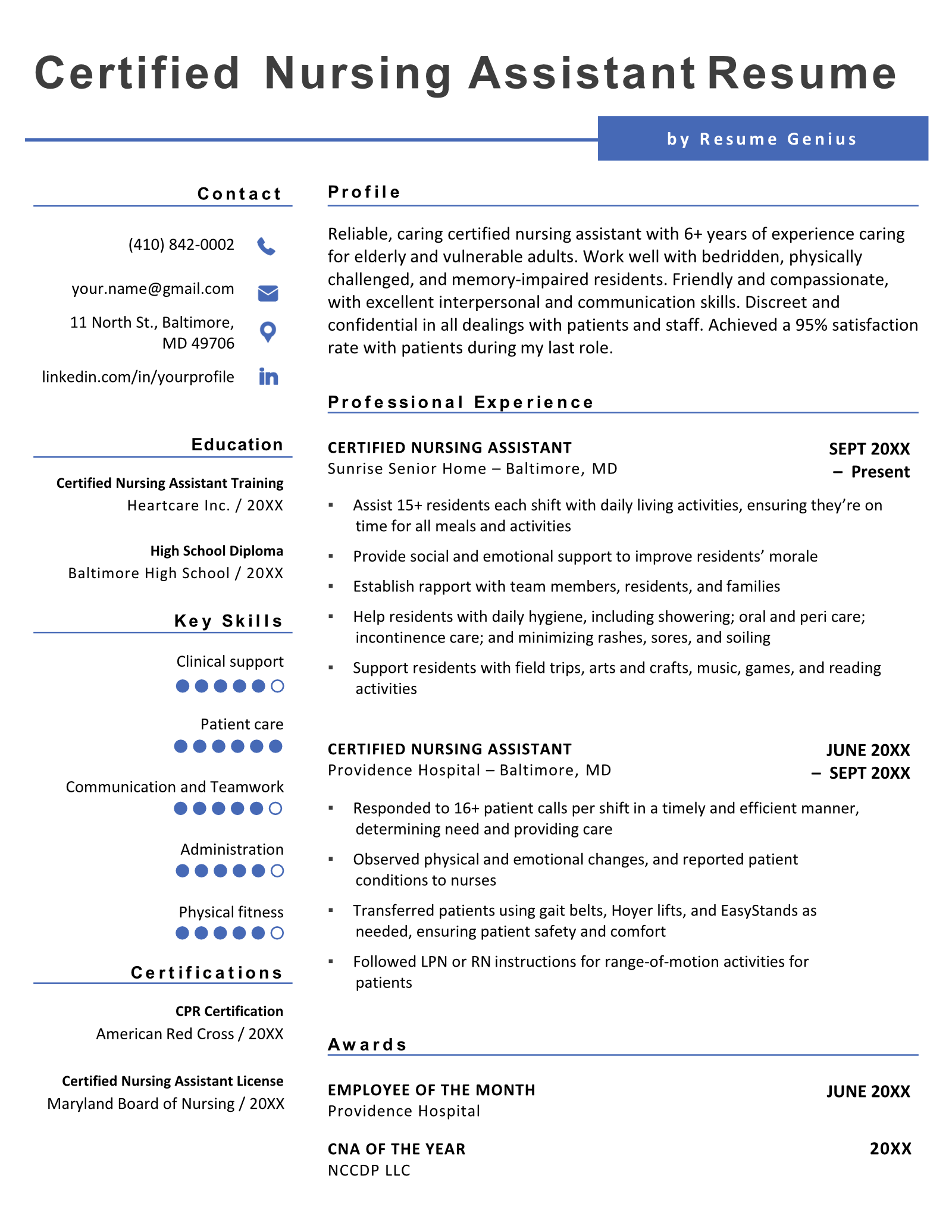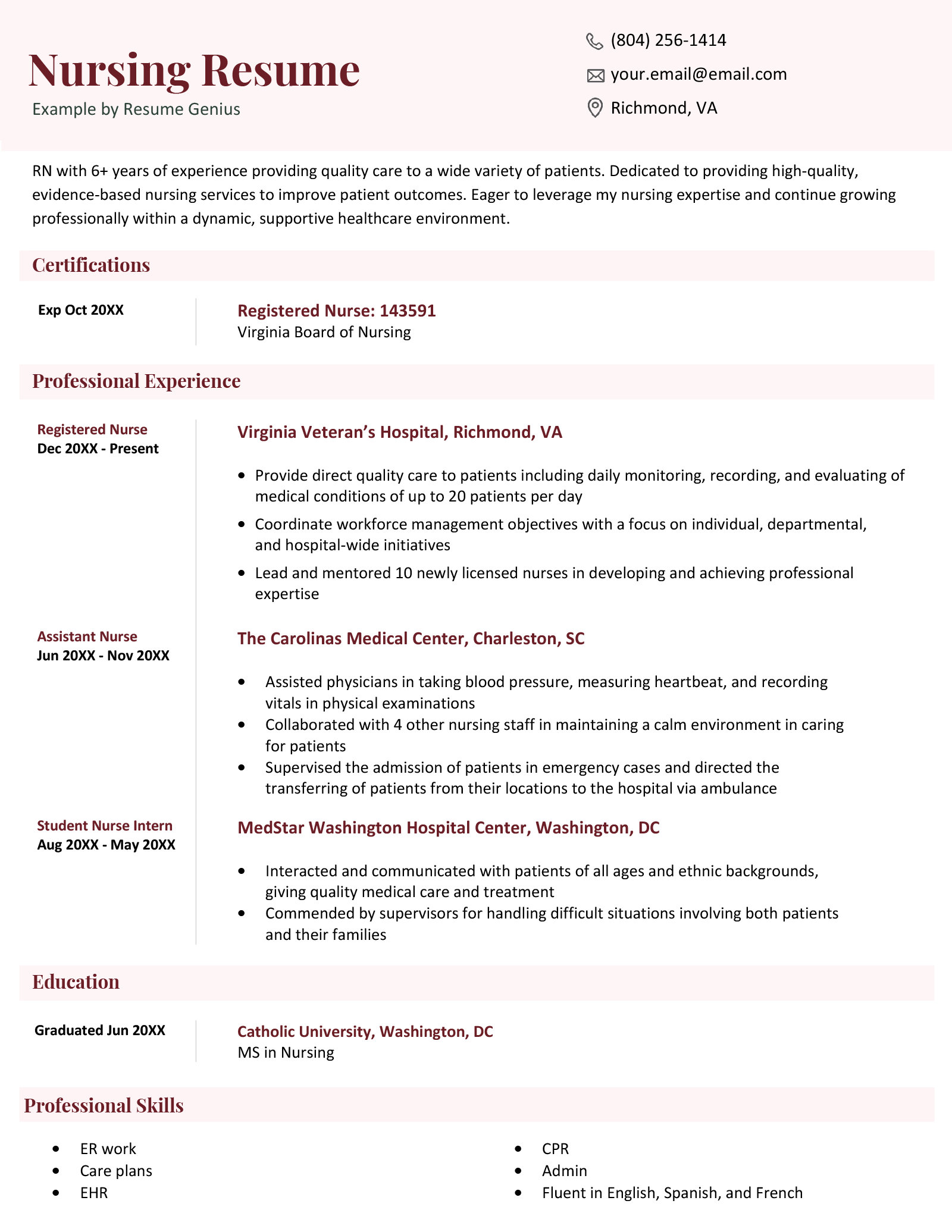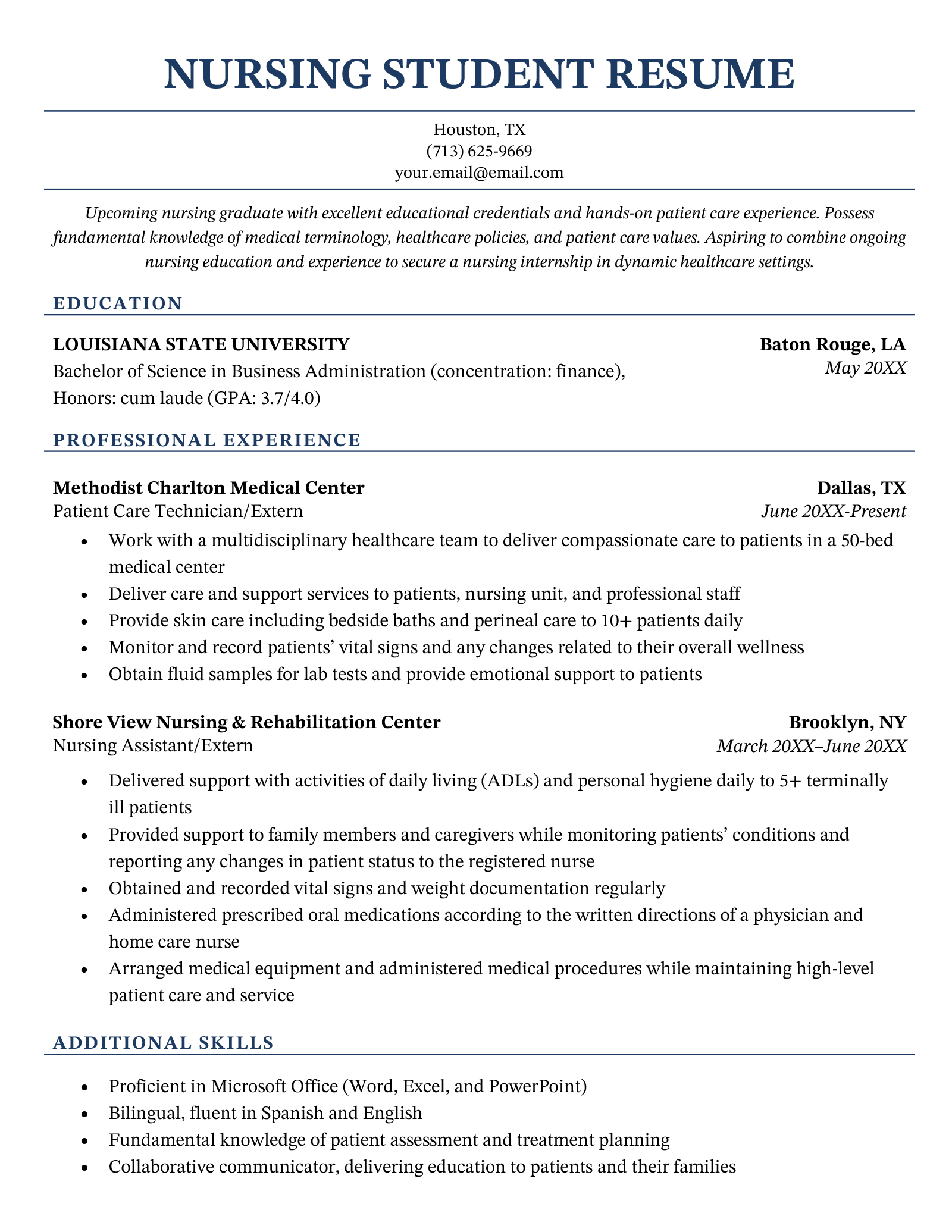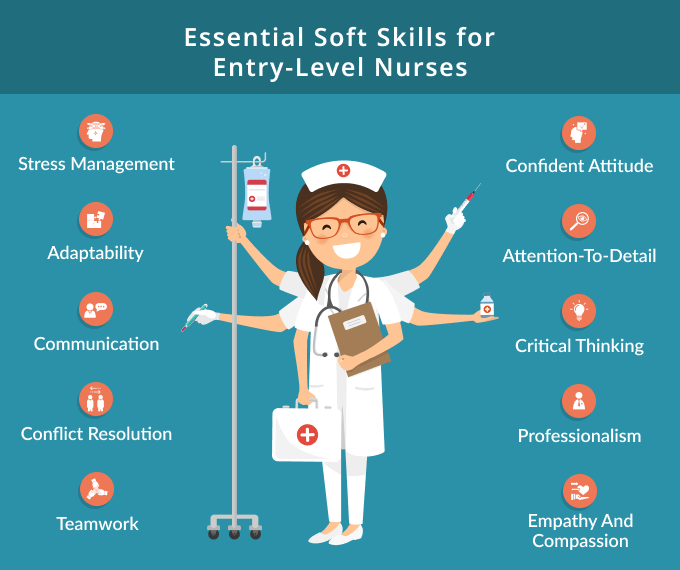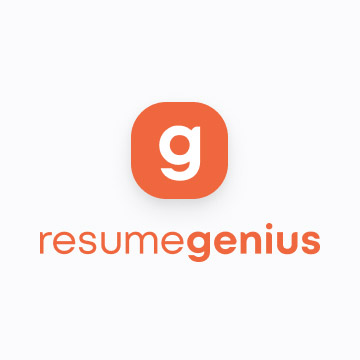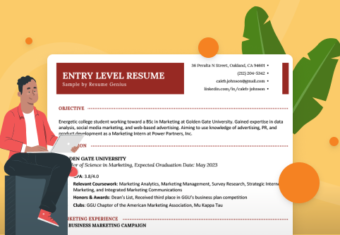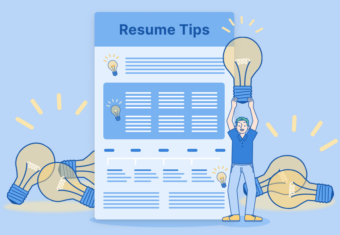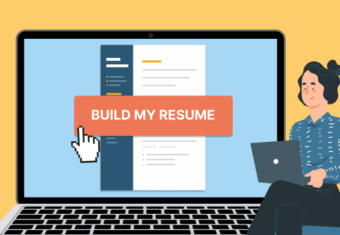Entry-Level Nurse Resume Template (Text Format)
FIRST AND LAST NAME
Email: your.email@email.com
Phone: (123) 456-7891
Address: Street, City, State
LinkedIn: linkedin.com/in/yourprofile
Resume Summary
Licensed RN recent graduate seeking to use earned skills and knowledge to assist Brandywine Hospital in a nursing role. Proven experience at handling any medical emergency or situation, with the skill-set to perform under pressure. Excellent interpersonal skills, and a dedicated worker with a sense of purpose to provide excellent care for patients. Possess a BS in Nursing.
Education
Illinois State University Chicago, IL
Bachelor of Science in Nursing, May 2021
- GPA: 3.7
- Student Nursing Association, Member 2018-2021
Relevant Coursework
- Observational Methods
- Principles of Teaching Applied to Nursing
- Pharmaceuticals Oncology
- Qualitative Analysis
LICENSES & CERTIFICATIONS
- Registered Nurse: New York State Board of Nursing, License #0000000
- Basic Life Support (BLS) certified by American Heart Association
Clinical Experience
Chicago Medical Center, Chicago, IL
Preceptorship Nurse, February 2020 – Present
- Monitored 5 assigned patients, updating information on vital signs and treatment progress
- Documented data related to patients’ care, including assessment results, interventions, medications, patient responses, or treatment changes
- Assessed patient conditions, ordering and evaluating diagnostic tests as needed
Mellow View Hospital Chicago, IL
Clinical Practicum in Acute Care, September 2018 – December 2019
- Collaborated with healthcare professionals to plan, manage, and assess patient treatments in the acute care unit with a bed capacity of 32 patients
- Administered blood product transfusions or intravenous infusions, monitoring patients for adverse reactions 24/7
- Performed emergency medical procedures, such as basic cardiac life support (BLS), and advanced cardiac life support (ACLS), and other condition stabilizing interventions
- Discussed illnesses and possible treatments with patients and family members in a supportive manner
Other Work Experience
CampusComputerLabs Chicago, IL
Computing Lab Consultant September 2017 – June 2018
- Assisted students with the use of computers, software, and equipment in university campus computer facilities
Skills
- CPR/First Aid
- Phlebotomy
- Wound care
- Recording vitals
- Medicine administration
- Patient transportation
- Leadership
- Time management skills
- Organizational skills
- Written and oral communication


